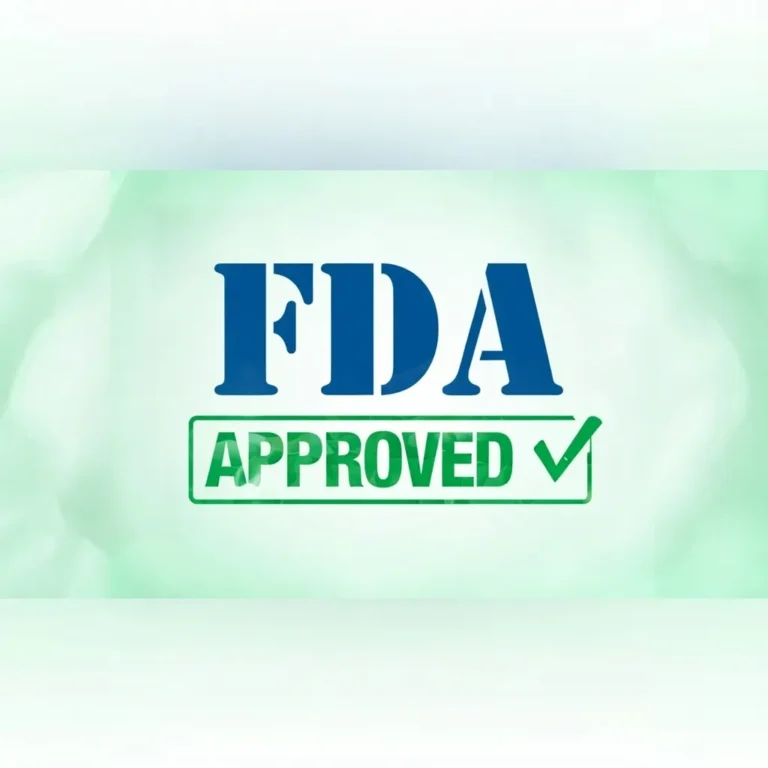
AstraZeneca’s Fasenra (benralizumab) has received U.S. approval for treating adult patients with eosinophilic granulomatosis with polyangiitis (EGPA), a rare and potentially fatal immune-mediated vasculitis that can damage multiple organs.
This approval from the U.S. Food and Drug Administration (FDA) is based on promising results from the MANDARA Phase III trial, published in The New England Journal of Medicine. This trial compared the efficacy and safety of Fasenra to the only other approved treatment for EGPA, mepolizumab, specifically in patients with relapsing or refractory EGPA. MANDARA is notable for being the first head-to-head non-inferiority trial of biologics in this patient population.
In the trial, patients were randomized to receive either a single 30 mg subcutaneous injection of Fasenra or three 100 mg subcutaneous injections of mepolizumab every four weeks. Results showed that nearly 60% of those treated with Fasenra achieved remission, comparable to those receiving mepolizumab. Additionally, 41% of Fasenra-treated patients successfully tapered off oral corticosteroids, compared to 26% in the mepolizumab group.
Dr. Michael Wechsler, Professor of Medicine and Director of The Asthma Institute at National Jewish Health, and International Coordinating Investigator of the MANDARA trial, stated: “This approval is great news for patients with EGPA in the U.S. who continue to suffer from debilitating symptoms. Long-term reliance on oral corticosteroids can lead to serious side effects, and benralizumab offers a much-needed alternative that can help patients achieve remission and reduce steroid use.”
Joyce Kullman, Executive Director of the Vasculitis Foundation, emphasized the importance of this development: “EGPA has a devastating impact on patients’ lives, and additional treatment options are essential. The approval of another therapy for EGPA is welcome news for the approximately 15,000 patients in the U.S. facing this challenging disease.”
Ruud Dobber, Executive Vice President of AstraZeneca’s BioPharmaceuticals Business Unit, highlighted Fasenra’s established role in treating severe eosinophilic asthma. “With this approval, physicians in the U.S. can now offer a convenient single monthly subcutaneous injection for patients with EGPA, showcasing Fasenra’s potential to address eosinophilic diseases beyond severe asthma,” he said.
The safety and tolerability profile of Fasenra in the MANDARA trial aligned with its known profile. Approximately half of patients with EGPA also experience adult-onset severe eosinophilic asthma and often present with sinus and nasal symptoms. Fasenra is the second biologic approved for treating this rare disease.
Currently, Fasenra is approved as an add-on maintenance treatment for severe eosinophilic asthma in over 80 countries, including the U.S., Japan, the EU, and China. It is also approved for use in children and adolescents ages six and above in the U.S. The FDA granted Orphan Drug Designation to Fasenra for EGPA in 2018.





